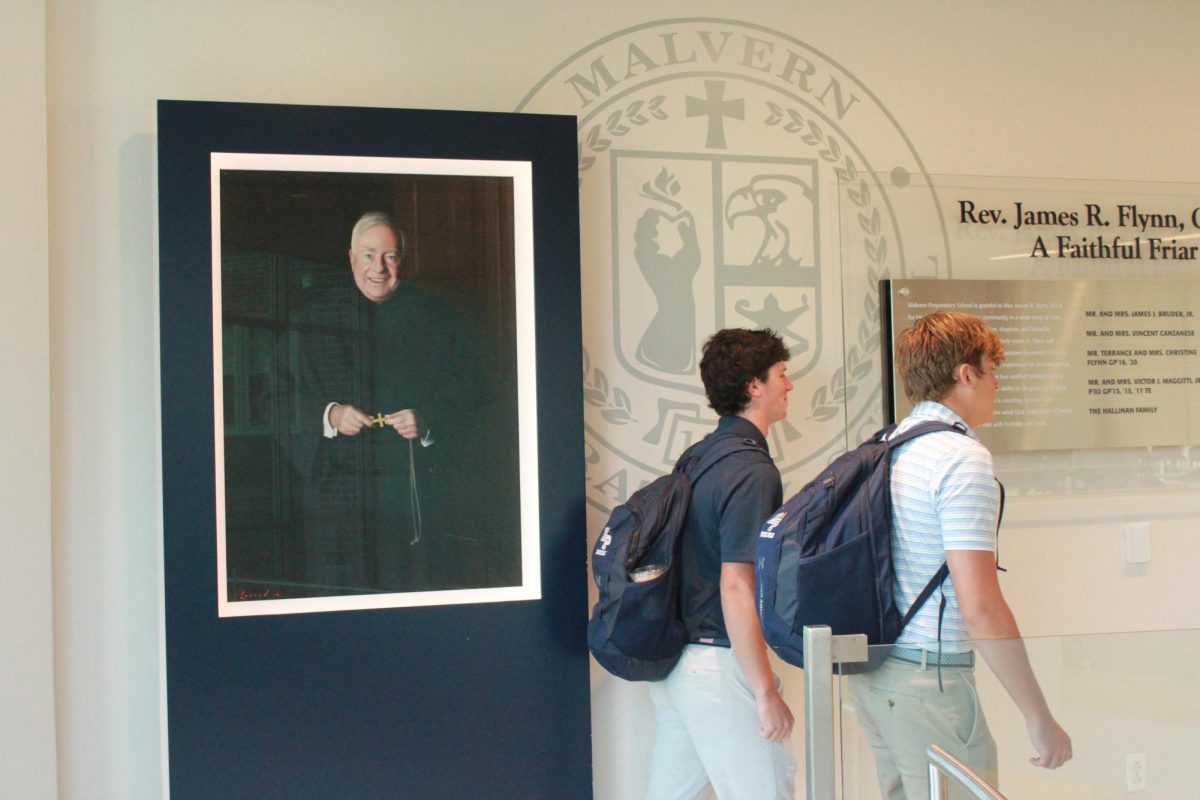 Decline in enrollment leads to class cancellations
Decline in enrollment leads to class cancellations
Malvern’s 2014 academic summer classes experienced nearly a 30 percent drop in enrollment from 2013, according to enrollment figures provided by Assistant Head of School Mr. Steven Valyo.
Seven classes were cancelled, including all three new course offerings – General Etymology, Science Invertebrate Zoology, and Criminal Justice.
Valyo cites the decrease comes from lower sign-ups from outside feeder schools.
The summer classes started June 16, but many of the feeder schools did not end until June 26, according to Valyo. He stated that summer classes could not be shifted back any further because of conflict with the teacher-run Summer Institute program which provided professional development for teachers for two weeks this summer.
Twenty non-Malvern students enrolled in classes this summer, a drop of 15 students since last summer. But what about sign-ups of Malvern students dropping from 147 to 103 in one year?
In previous years, teachers promoted their own classes to students and parents. This summer, the Communications Department advertised the summer classes. According to several teachers, they were instructed not to market their own classes this year.
History Teacher Mr. Chuck Chinici taught 3-12 students in his US History class each year for the past nine summer sessions. However, this summer he found himself with only two students enrolled in his class and had to cancel the course.
It was his first summer without work in 45 years.
Chinici used to self-promote his class by sending in-school emails to freshmen, sophomores, and juniors. He would send email in February, March, and April, citing that he “wanted the kids to think earlier” about taking a summer course.
“It worked well,” said Chinici. He doesn’t recall ever receiving a complaint regarding the emails in the past nine years.
Teacher and Director of 21st Century Learning, Mr. Kevin Whitney, who taught three students this past summer, agrees with the decision to not have teachers promote their own classes. According to Whitney, the school should have one consistent marketing campaign for summer courses. “It is up to the institution to control promotion,” he said.
Associate Director of Communications and PR, Mr. Jim Mack, said the communications department advertised the summer classes through two emails to parents and alumni, blurbs and links to the summer program website in the Malvern and Alumni Weekly, local newspapers, websites, and a link on the bottom of the home page at malvernprep.org.
In an email correspondence, Mack noted the communications office “does not directly communicate to students.” Mack asked, “Who would have communicated directly to the students?”
“This year, the results weren’t quite the same since I used to put a lot of extra effort into publicizing my course,” said Chinici. “I felt sorry for some of the younger teachers who may have relied on having the summer job.”








